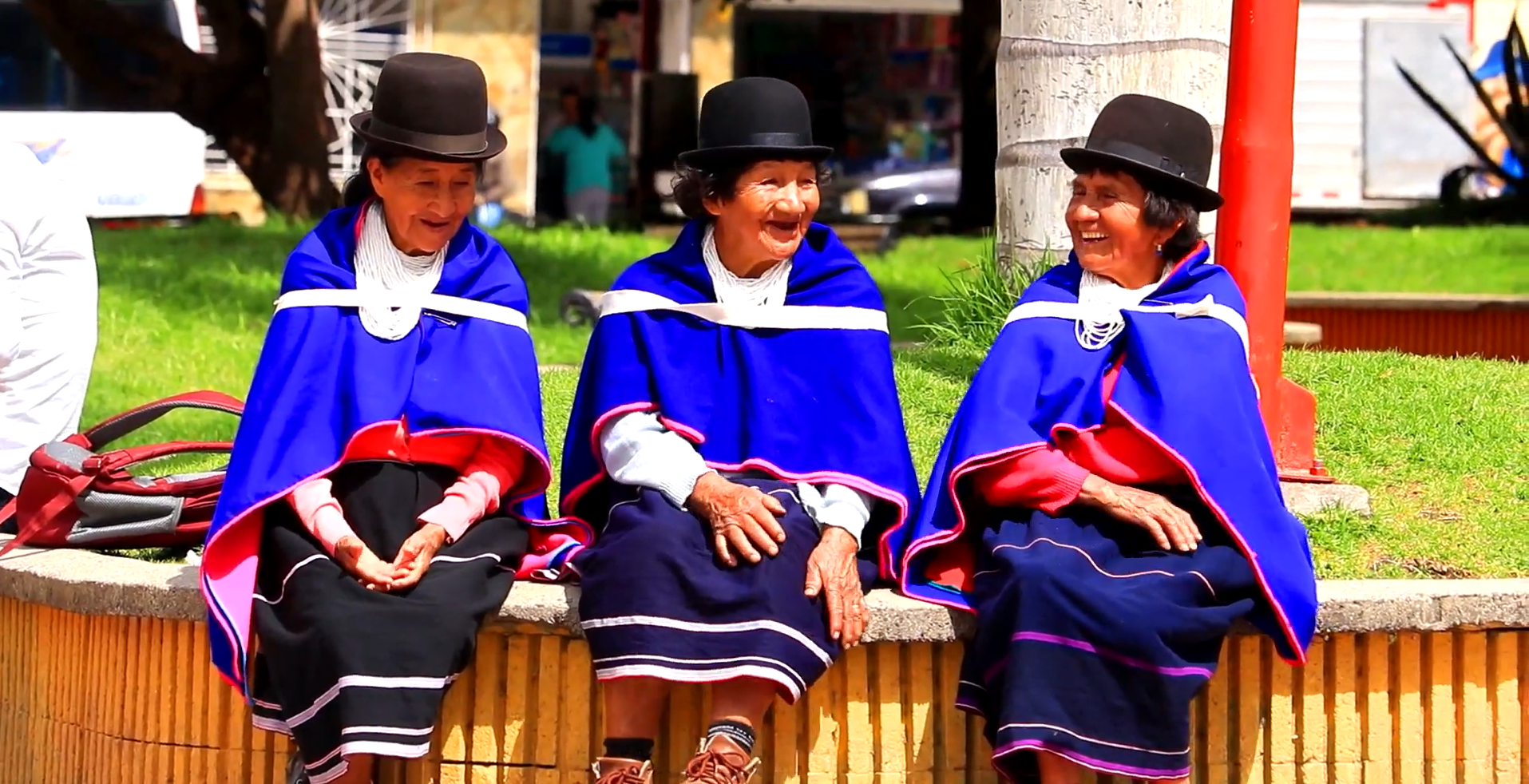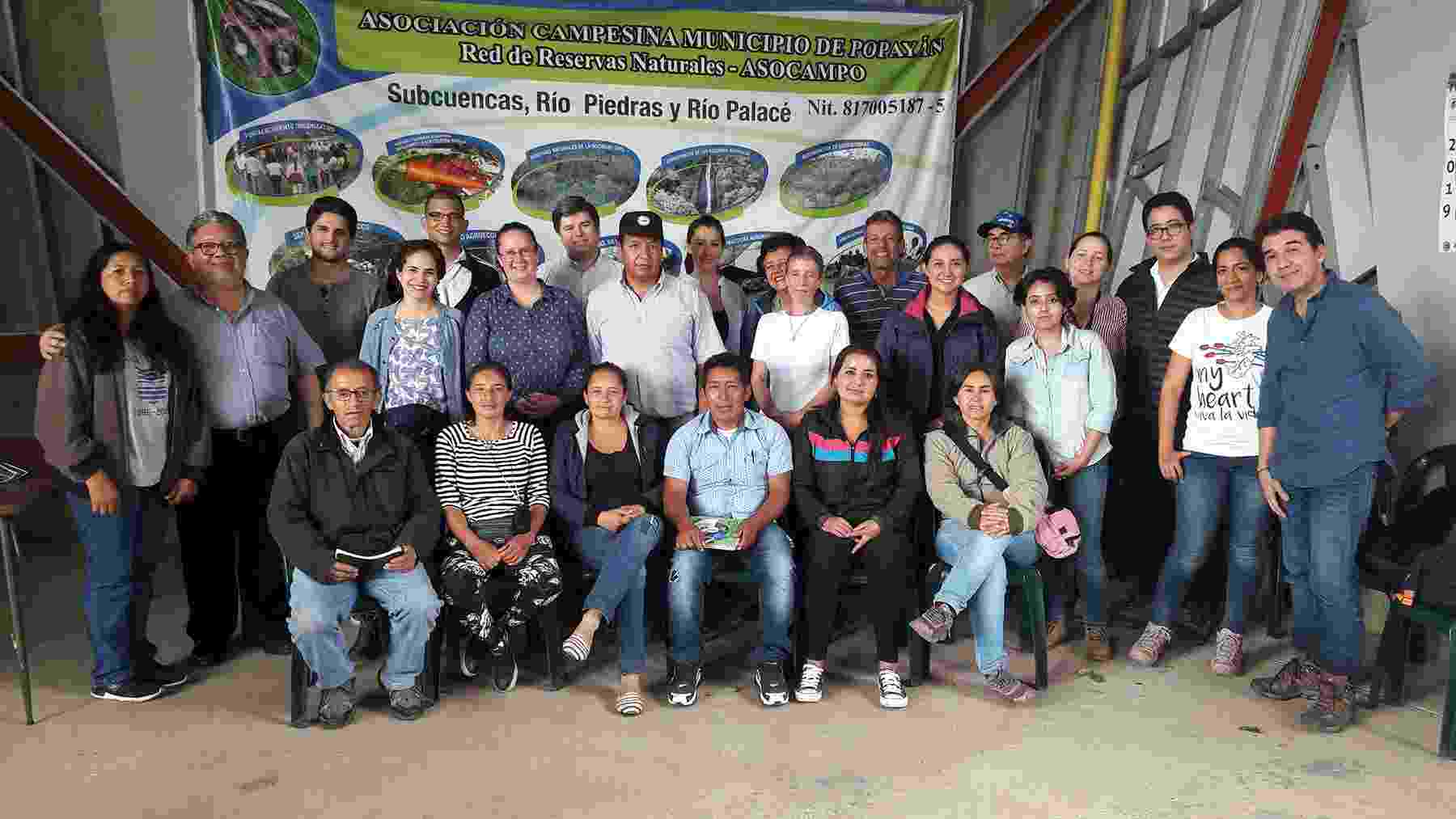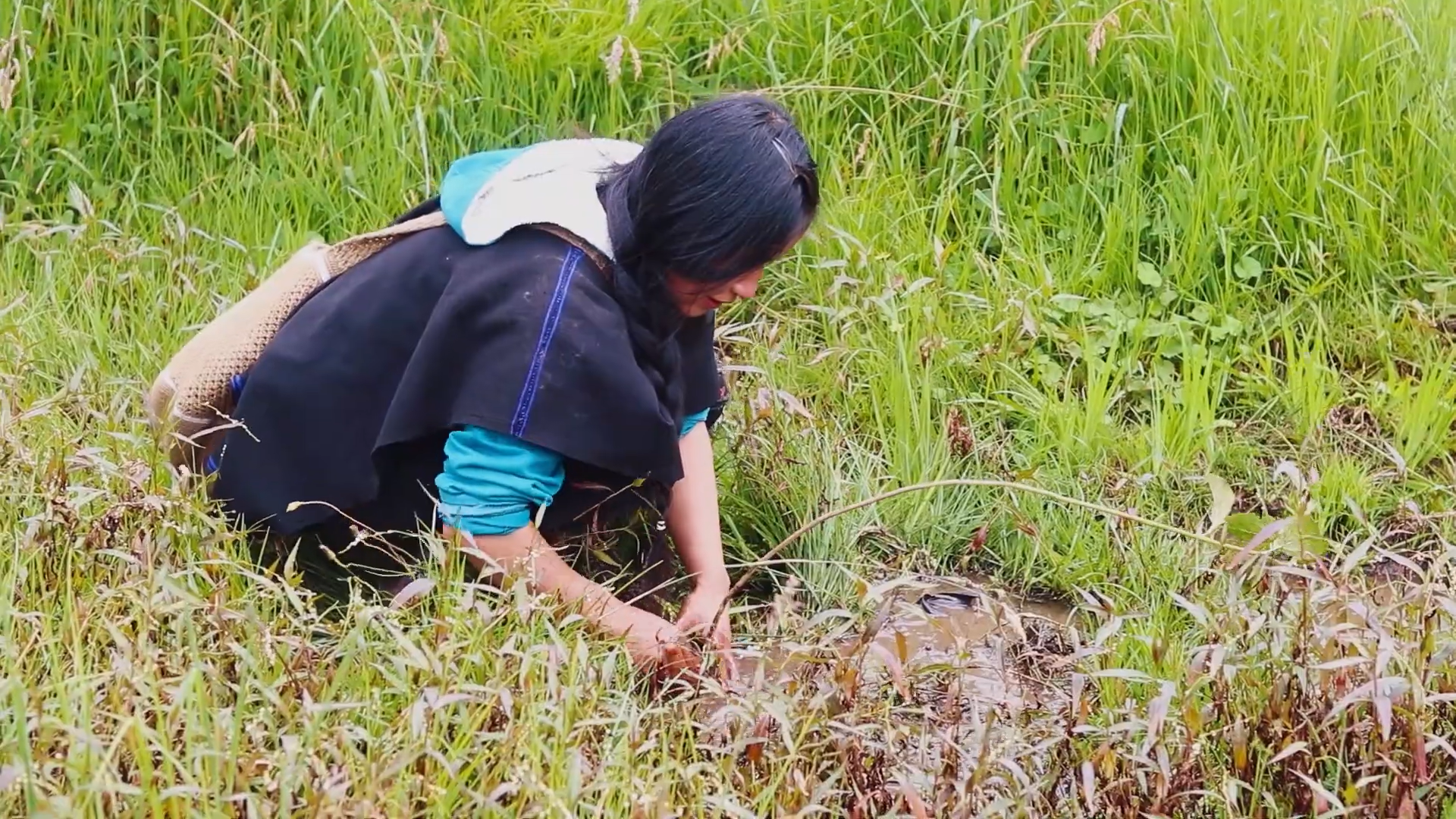Integrating indigenous and local knowledge with academic science
Reflections for the UN International Day of the World's Indigenous Peoples
09 August 2021
Indigenous peoples’ lived experiences, knowledge, and traditional practices are crucial to enabling climate change adaptation for sustainable development.


Rachael Maysels and Livia Douse
Indigenous communities around the world have lived in close relationship with their environments for hundreds - and in some cases thousands - of years, simultaneously living with the land and stewarding it, maintaining the balance and integrity of the socio-ecosystem. Local knowledge and traditional practices have been so successful that although indigenous peoples’ lands account for just 28 per cent of the world’s land cover, their territories are home to approximately 80 per cent of the world’s biodiversity.
A growing appreciation for the value of indigenous ecological knowledge is leading researchers to value, credit, and embed this unique expertise to address sustainable development. Indigenous and local knowledge has an integral role to play in our collective understanding and management of the environment, for instance, leading climate adaptation strategies – indigenous communities have detected, coped with, and responded to environmental change for generations.
Their unique contributions complement, and should be used alongside, modern science for sustainable development. Our Colombia Collaboratory brings academic expertise in all aspects of the water system, together with indigenous and local knowledge in the Upper Cauca River Basin (indigenous, afro-descendents, campesinos), and governments, NGOs, educational institutions, and industries.
Community participation and engagement in co-producing the Hub’s research programme has been fundamental to enabling the dialogue between indigenous and local knowledge and academic knowledges (diálogo de saberes), and the integration of the two is improving decision-making for water management. Through participatory research methodologies, we are facilitating the integration of indigenous knowledge and academic science to co-create a Community Water Information System (CWIS) and change perspectives on water and sanitation.


Members of the Hub and ASOCAMPO
This has involved working with three Rural Community Water Supply Organisations (RCWSOs) serving some of the largest rural populations in the Upper Cauca River Basin: ACUASUR (15,000 inhabitants), ACUANARIÑO (4,000 inhabitants), and ASOMONDOMO (3,500 inhabitants). Citizen scientists and researchers have gathered data on water quality, continuity, and quantity, which has in turn been used to engage the RCWSOs, the Regional Executive Unit of Sanitation, the Regional Council for Environmental Policy and Integrated Water Resources Management, and AQUACOL and FECOSER (Community Water Supply Organisations) in a participatory decision-making process.
The Colombia team has developed and applied methods to identify and analyse the discriminations that exist, to create spaces for the visibility and participation of discriminated groups or people, and to facilitate the co-production of empowerment strategies. These inclusive methods help lead to equitable, redistributive, and integrative actions to avoid or reduce the conditions of discrimination and can help modify social, cultural, and structural conditions that sustain discrimination.
In practice, this involves recognition of territories in the socio-political context of the country as well as the prominent role that women have within these territories for water and security (management, education, conservation, and recuperation), and the “Life Plans” of indigenous communities which aim to conserve water resources, develop sustainable practices, and preserve cultural knowledge and traditional practices.
Including indigenous and rural communities in the Hub’s research presents an important opportunity to learn from peoples who have generations of lived experiences of their land, while simultaneously reinforcing the rights of indigenous peoples.


Resident of the Kisgó indigenous reservation sowing water
In recognising the deep value of indigenous and local knowledge, the Colombia team carries out transdisciplinary research practices with indigenous communities in the Upper Cauca River Basin. In efforts to understand the waterscape of the indigenous reservation of Kisgó, researchers brought satellite images of the reservation to the community to conduct a social cartography workshop. Members of the Kisgó communities utilised these images to draw their own interpretations of the socio-hydrological aspects of their territory. Their insights and guidance allowed researchers to digitally produce maps that more truly represent the reality of the territory.
“Indigenous knowledge is about the interconnectedness of things” (Eli Enns) – water is everything, and everything is water. To truly understand and work towards global water security, we must ensure that we empower and listen to all voices.




